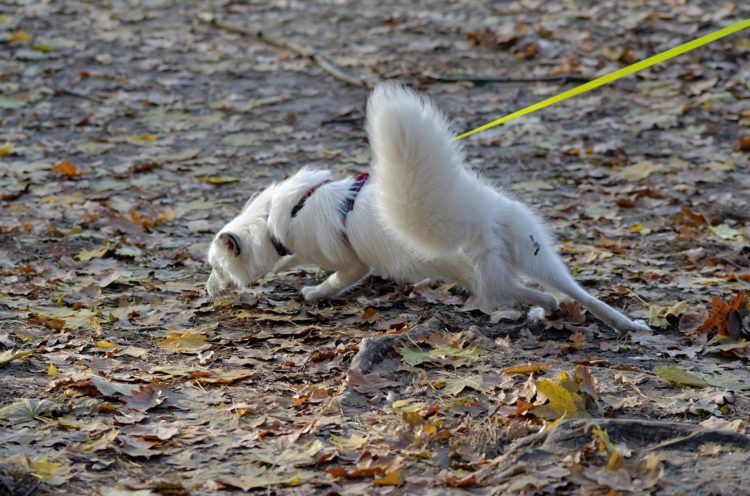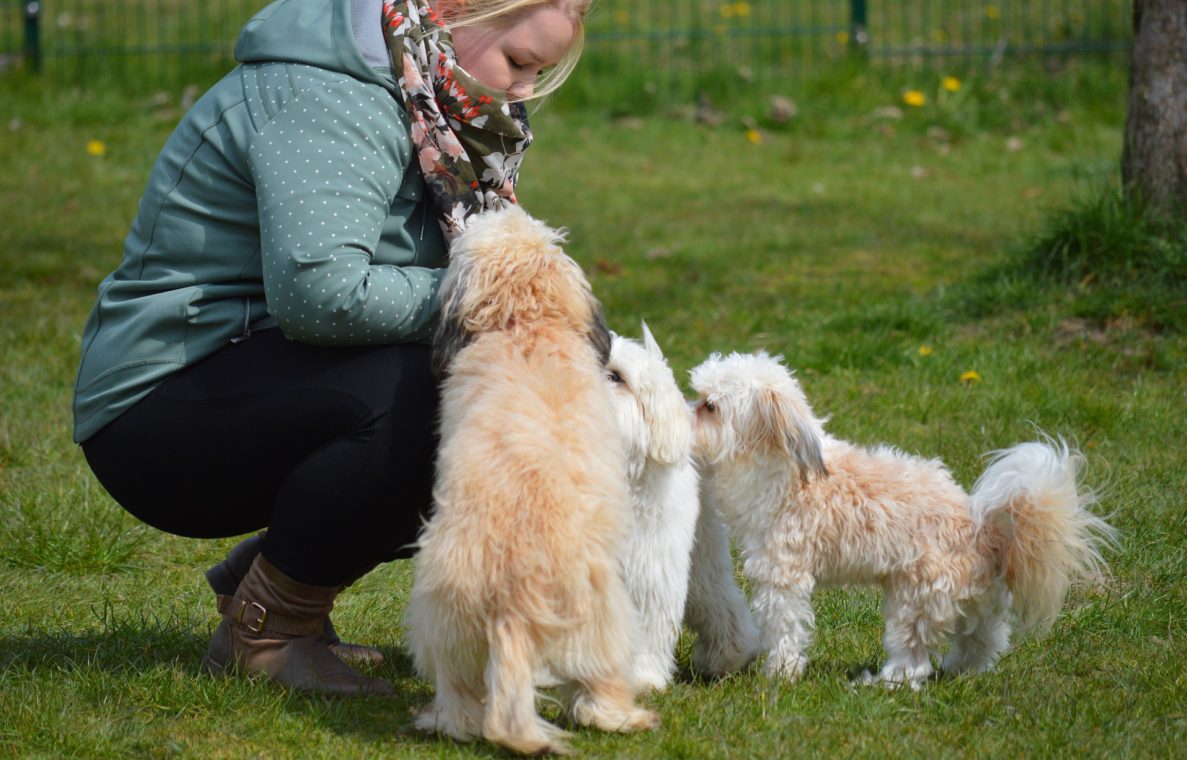If You Have a Dog, Or Are Getting One, This is For You
Dog training is certainly the hardest part of owning a dog, but it can also be one of the most rewarding parts when you do it right.
It can be very frustrating having a dog that is not housebroken, barks excessively, keeps pulling on the leash during your walks, doesn’t respond whenever it’s called, or jumps up on people.
You’ll be fed up, because it’s pretty exhausting to keep trying to make them listen. You’ll wonder how professional dog trainers help dogs behave exactly the way they (the trainers) want them to.
But hiring a trainer can be quite expensive, and to be honest, you don’t really need to. I’ll explain how in a minute.
First, let me talk about WHY your dog seems to be so hard to train…
The reason you are having so much difficulty training your dog is that you’ve been doing dog training the outdated way.
It’s not your fault though. The fault really lies with all the bad dog training information that’s out there on the Internet and elsewhere.
Most people start training their dogs using verbal cues or commands like SIT, STAY, etc. Because that’s what they have been taught to do by numerous books on dog training and by all the videos they’ve seen on the Internet.
Here’s the problem – that’s exactly how NOT to train a dog!
Why?
Because the science of animal behavior says that starting your training using verbal cues sets your dog up for failure.
Dogs that are trained only using verbal cues never get trained properly. Or at least, the training doesn’t last long.
So what’s the best way to train a dog?
The science is very clear on this – dogs are best trained by using body language. Now, this doesn’t mean that you should never use verbal cues.
What it means is that you should always START your dog training using body language.
Later on, you can bring in a verbal cue to reinforce your dog’s training.
That’s it? Yeah, that’s it 🙂
So how do you train your dog using body language?
I came across this fantastic free workshop from the K9 Training Institute that helps you learn how to do just that.
The workshop is designed to help “normal” dogs like yours have the same level of calmness, obedience and impulse control as service dogs.
It’s conducted by Dr. Alexa Diaz (one of the top service dog trainers in the U.S.) and Eric Presnall (host of the hit Animal Planet TV show “Who Let the Dogs Out“).
Frankly, the techniques described in the workshop are fairly groundbreaking – I haven’t seen anyone else talk of these techniques.
This is because it’s the first time ever (at least that I know of) that anyone has revealed the secret techniques used by the service dog training industry to train service dogs.

In the free workshop, you’ll discover:
-
- How to train your dog using body language, rather than verbal cues
- The 3 key techniques that service dog trainers use to train dogs, and how you can use them too
- The most important step that “normal” dog owners have been missing (this is very important to get your dog’s attention, and it works 100% of the time)
- How to stop bad behaviors like excessive barking, pulling on the leash, jumping, etc.
- Why a lot of dog owners are unable to establish the amazing bond that service dog trainers have with their dogs
The tips shared in this free workshop work on ALL dog breeds – from small breeds like Pomeranians and Chihuahuas to large breeds like English Mastiffs and Great Danes.
Also, puppies as young as 6 weeks old, and previously untrained adult dogs as old as 13 years, have been successfully trained using these techniques.
It’s not a live workshop – better, it’s a pre-recorded workshop, which means that you can watch it at your convenience.
However, while the workshop is free, I am not sure whether it’s going to be online for too long, so please check it out as soon as you can.
Was this article useful? Here are some more that can help you:
Positive Dog Training Tips – Pam Dennison on The Real Dr. Doolittle Show™
Healing From Trauma Requires Focus and Training
Pet Communication: Understanding the Importance of the Heartmind Connection








Leave a Reply